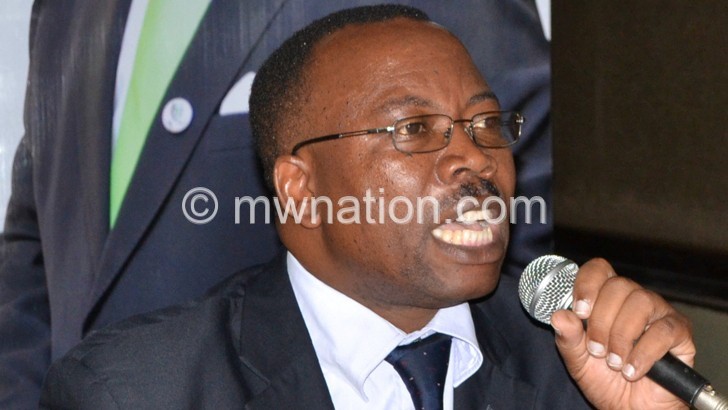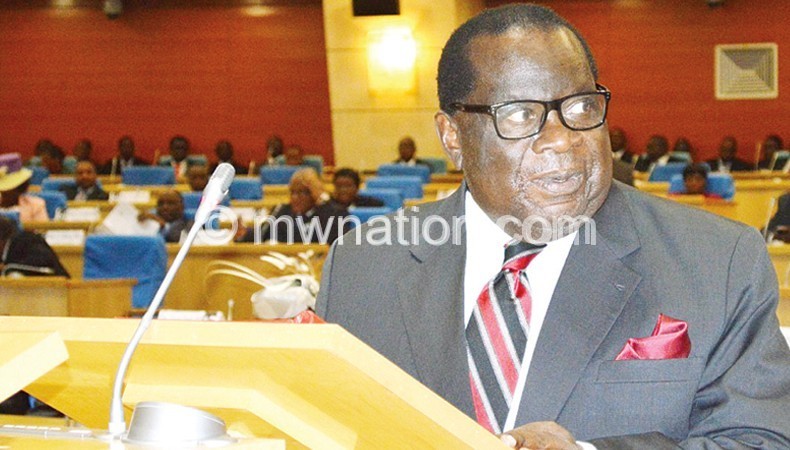Govt considers new bank notes
Government is considering to ditch the current Kwacha bank notes, to introduce new ones as a way of catching out Cashgate crooks who may still be stashing away billions of kwacha ‘in ceilings’ of their homes after they looted public coffers.
Minister of Finance, Economic Planning and Development Goodall Gondwe made the startling revelation in the National Assembly in Lilongwe on Friday, just before the House adjourned for weekend’s recess.

Gondwe was responding to a question paused by Salima Central member of Parliament (MP) Felix Jumbe (Malawi Congress Party MCP) who asked the ministry if it will take the normal remedial action other countries take, of changing the currency, after a major scandal like Cashgate.
In the Cashgate scandal exposed three years ago, some politicians and civil servants used corrupt and fraudulent tricks, including manipulating figures and hiding the haemorrhage caused, to systematically loot the government coffers at Capital Hill in Lilongwe of about K24 billion between April and September 2013.

But forensic audits established that between 2009 and 2014 alone, up to K577 billion could not be accounted for and may have been lost in similar Cashgate circumstances.
After some reconciliations lately, that amount feared lost has been adjusted downwards to K236 billion. In his question, Jumbe said after the government has recovered only about three percent of the Cashgate loot so far, the excess money in private hands is still circulating and is causing inflationary problems.
The MP argued that whenever there is a currency change in other countries, the crooks are forced to take their notes back to banks, thereby lowering inflation.
“At the moment, I believe much money is still hanging in roofs of [the crooks’] houses,” said Jumbe, noting that some of the questionable people are today busy building filling stations and tackling other major investment projects without having to need any loans.
“Where is that money coming from? It’s causing inflation,” charged the parliamentarian. In his response, the Finance minister described Jumbe’s proposal as “very tempting” and one government has been considering for some time.
“I must say what you are saying is a very tempting thing and it is something that, as a government, we have thought about. The only problem is that it costs a lot to produce another bank note.
“When we calculated, we found that the problem was that we would spend more than the worth of the money you are talking about. But it is something we are talking about,” Gondwe stressed.
Although he appeared to choose his words carefully and tried to restrain himself, the Minister showed that the proposal still appears, to-date, attractive to the government.
“It can be done and, probably, you can go to the extent [of saying] that it should be done. It may have to be done. I can’t pronounce myself so clearly on that very sensitive subject in the House. But it (the proposal) is very tempting,” he concluded.





